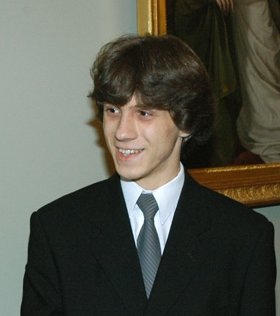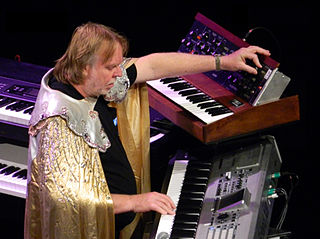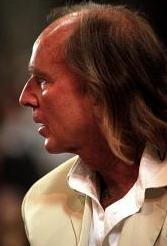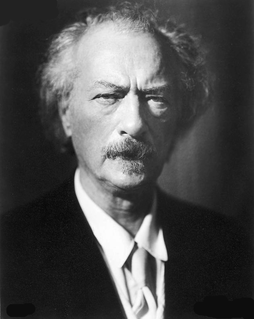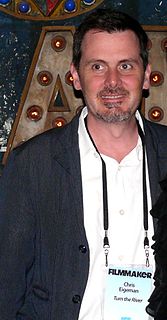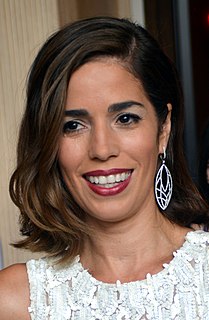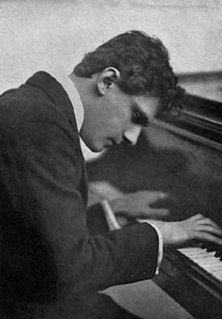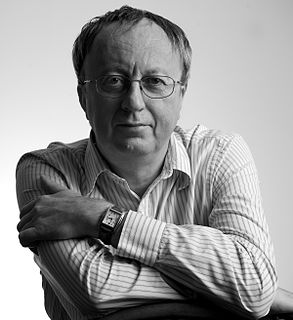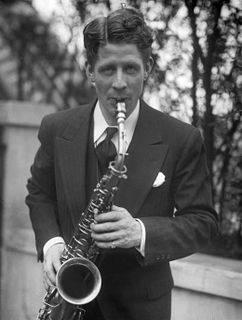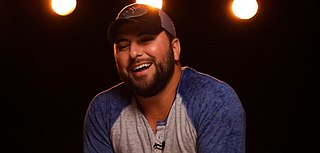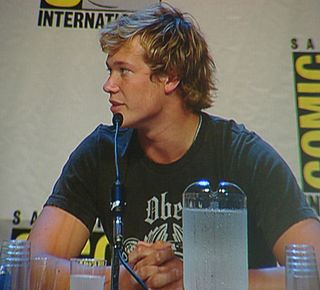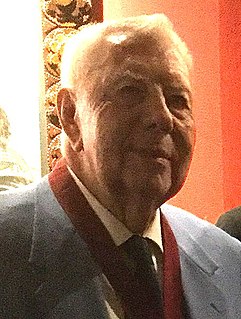A Quote by Stephen Hough
I've loved Alfred Cortot's playing from an early age, and I never tire of hearing his recordings, particularly Chopin and Schumann from the 1920s and '30s.
Related Quotes
It's Toby Jones playing Alfred Hitchcock, not Alfred Hitchcock. We all felt that his silhouette was crucial, so his nose and lips were crucial as well. We had to build it out a bit to get the silhouette. But, with my nose being so small within the proportion of my face, the first nose was too big. I felt like a nose on parade.

